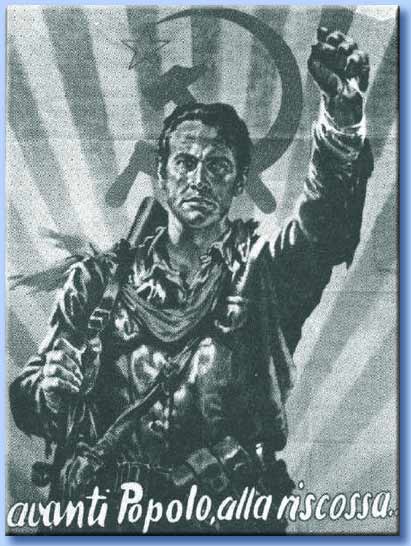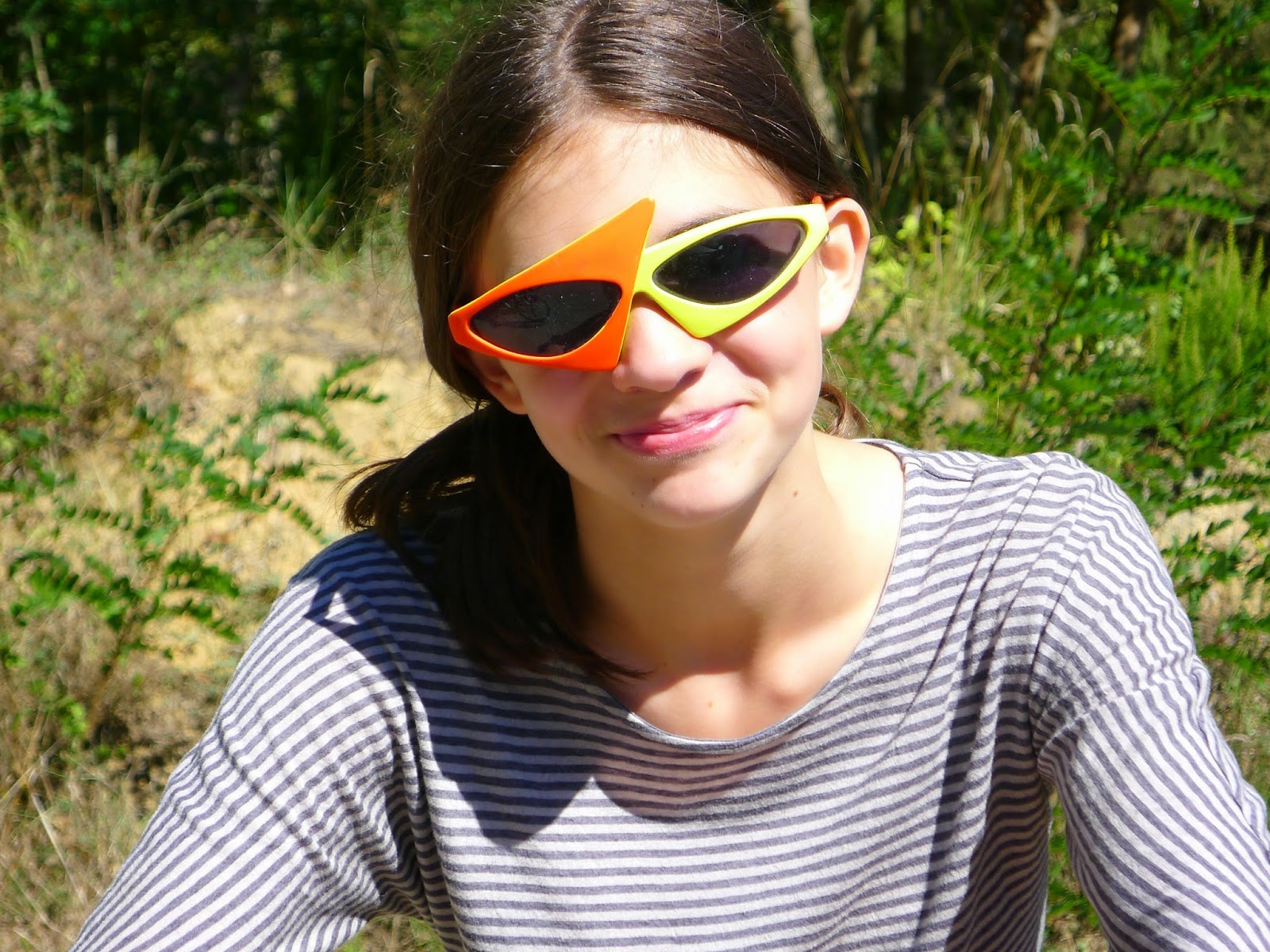 Anyone who doesn't like books would be foolish to admit it. Most people like books. Love books. Ebooks are OK too. But there are lots of books that just don't work as ebooks. For example, there's a favorite bookshelf of mine at my parent's house in Santa Fe that holds a collection of mountaineering books belonging to my grandfather. A Scot living in India, he joined the Himalayan Club and the Himalayan Journal holds a special place on the top shelf. These journals contain maps, pictures, drawings and route sketches that must be folded open on the dining room table and accompanied by descriptions in order to grasp the difficulties and possibilities of the adventure. These books smell of canvas and jute fiber, stove fuel and campfire. If you need to escape into some reading there's nothing that comes close. I don't know, because I haven't looked, but I don't think there is a book in my parent's house that describes man's first step on the moon. If there is, you can be sure it won't smell like rocket fuel or stardust. Neil Armstrong likely didn't smell much of anything beyond his own saliva when he jumped out of his rocket ship onto the foreign lunar soil. Of course I doubt that Tenzing Norgay enjoyed any more pleasant aromas on the summit of Everest, but I bet the approaches served up something far more interesting than anything Neil sniffed in his sterile capsule. And then there's the characters themselves. Compare the personality of Eric Shipton, or H. W. Tilman to Sally Ride or Alan Shepard, to name a couple of our more colorful spacepersons. Let's face it, if anyone needs a whiff of jute fiber about them, it's John Glenn.
Anyone who doesn't like books would be foolish to admit it. Most people like books. Love books. Ebooks are OK too. But there are lots of books that just don't work as ebooks. For example, there's a favorite bookshelf of mine at my parent's house in Santa Fe that holds a collection of mountaineering books belonging to my grandfather. A Scot living in India, he joined the Himalayan Club and the Himalayan Journal holds a special place on the top shelf. These journals contain maps, pictures, drawings and route sketches that must be folded open on the dining room table and accompanied by descriptions in order to grasp the difficulties and possibilities of the adventure. These books smell of canvas and jute fiber, stove fuel and campfire. If you need to escape into some reading there's nothing that comes close. I don't know, because I haven't looked, but I don't think there is a book in my parent's house that describes man's first step on the moon. If there is, you can be sure it won't smell like rocket fuel or stardust. Neil Armstrong likely didn't smell much of anything beyond his own saliva when he jumped out of his rocket ship onto the foreign lunar soil. Of course I doubt that Tenzing Norgay enjoyed any more pleasant aromas on the summit of Everest, but I bet the approaches served up something far more interesting than anything Neil sniffed in his sterile capsule. And then there's the characters themselves. Compare the personality of Eric Shipton, or H. W. Tilman to Sally Ride or Alan Shepard, to name a couple of our more colorful spacepersons. Let's face it, if anyone needs a whiff of jute fiber about them, it's John Glenn. My grandfather was a self-taught man. He read and collected thousands of books. He died many years ago. Some of his books have survived to my mother's bookshelves and others are protected by my mother's sister in New Jersey. They are all stamped with a strange seal: Dare To Be Wise. On this overleaf is written: "G. M. Martin, Bhatpara, Bengal, Page 78, Dare To Be Wise." It's a challenge, a threat. There's something dangerous in wisdom. It's safer to be ignorant, to be told what to do and what to think. It seems solid, substantial, comfortable. It may sound romantic to be informed and intelligent, but actually there's little comfort in it. Only unanswered questions.
My grandfather was a self-taught man. He read and collected thousands of books. He died many years ago. Some of his books have survived to my mother's bookshelves and others are protected by my mother's sister in New Jersey. They are all stamped with a strange seal: Dare To Be Wise. On this overleaf is written: "G. M. Martin, Bhatpara, Bengal, Page 78, Dare To Be Wise." It's a challenge, a threat. There's something dangerous in wisdom. It's safer to be ignorant, to be told what to do and what to think. It seems solid, substantial, comfortable. It may sound romantic to be informed and intelligent, but actually there's little comfort in it. Only unanswered questions. In addition to his collection of Himalayan Journals, there are many original titles of famous expeditions, many mountaineering but also polar and other travels to uncharted lands. Shackelton is represented. And Scott. John Hunt, and Bonnington. There are seven volumes of The principal voyages of the english nation by Richard Hakluyt. The fourth volume in my hand begins: "A description of a Voiage to Constantinolple and Syria, begun the 21. of March 1593. and ended the 9. of August, 1595. wherein is shewed the order of delivering the second Present by Master Edward Barton her majesties Ambassador, which was sent from her Majestie to Sultan Murad Can, Emperour of Turkie." and ends with: "The valiant fight performed in the Streit of Gilbraltar by the Centurion of London, against five Spanish gallies, An 1591." And not just adventure. Further down the shelves you find T. E. Lawrence, Kipling, Burns, Stevenson, Kafka, Churchill. When's the last time you picked up Danesbury House by Mrs Henry Wood (Ellen Price), 1860? The books are small, delicate and full of worm which was a problem for collections in India at the time. But they are delightful to hold and read. And they do smell, sometimes faintly of bookworm powder. Look up bookworm on Google and you'll go down well beyond five pages until you find any mention of the actual menace. Such is the fate of real books.
In addition to his collection of Himalayan Journals, there are many original titles of famous expeditions, many mountaineering but also polar and other travels to uncharted lands. Shackelton is represented. And Scott. John Hunt, and Bonnington. There are seven volumes of The principal voyages of the english nation by Richard Hakluyt. The fourth volume in my hand begins: "A description of a Voiage to Constantinolple and Syria, begun the 21. of March 1593. and ended the 9. of August, 1595. wherein is shewed the order of delivering the second Present by Master Edward Barton her majesties Ambassador, which was sent from her Majestie to Sultan Murad Can, Emperour of Turkie." and ends with: "The valiant fight performed in the Streit of Gilbraltar by the Centurion of London, against five Spanish gallies, An 1591." And not just adventure. Further down the shelves you find T. E. Lawrence, Kipling, Burns, Stevenson, Kafka, Churchill. When's the last time you picked up Danesbury House by Mrs Henry Wood (Ellen Price), 1860? The books are small, delicate and full of worm which was a problem for collections in India at the time. But they are delightful to hold and read. And they do smell, sometimes faintly of bookworm powder. Look up bookworm on Google and you'll go down well beyond five pages until you find any mention of the actual menace. Such is the fate of real books. I'm writing this in Santa Fe and I will be leaving here soon. My father has died and the little house he has left contains all these delightful books. He contributed little to the collection beyond a couple of dated editions of the Mechanical Engineers Handbook; but he did much more than that. He provided the shelves themselves, as well as the roof, the dry rooms and the comfortable chairs with which to enjoy this small collection. We have celebrated his life and his passing, and now we are taking my mother away for a few months and leaving this house empty. For me, it's a terrible occasion. I was born into this profusion of good writing and lived most of my life with respect but little regard for it or its shelter. Now I can't bear the thought of disturbing this peaceful place and the possibility that it might not survive the passage of time.
I'm writing this in Santa Fe and I will be leaving here soon. My father has died and the little house he has left contains all these delightful books. He contributed little to the collection beyond a couple of dated editions of the Mechanical Engineers Handbook; but he did much more than that. He provided the shelves themselves, as well as the roof, the dry rooms and the comfortable chairs with which to enjoy this small collection. We have celebrated his life and his passing, and now we are taking my mother away for a few months and leaving this house empty. For me, it's a terrible occasion. I was born into this profusion of good writing and lived most of my life with respect but little regard for it or its shelter. Now I can't bear the thought of disturbing this peaceful place and the possibility that it might not survive the passage of time.The house is available for the time being for any friend of ours who has an interest in the area or an interest in spending a few hours with part of a curious man's collection of old books. The house itself, thanks to my father, comes complete with car, electricity, central heating and housekeeping. The kitchen is as complete as the bookshelves. If you'd like to help with a temporary occupation of our house in an authentic, old west town, write me an email.











